Fermentation Is Like Science, Except That People Still Believe In Fermentation.
Chapter Twelve. Part One.
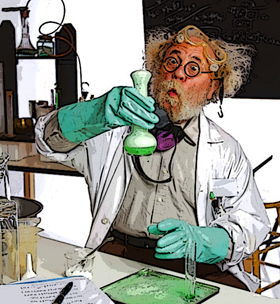 When I was a child, white-tailed bucks often ventured into my yard to feast on the apples collecting under the trees. Occasionally they would eat the rotten apples that had naturally fermented into wine and soon they’d be sloppily shouting to each other, “I really love you man!” Eventually they’d stagger into the woods in search of a stag party or wherever it is that drunken deer go.
When I was a child, white-tailed bucks often ventured into my yard to feast on the apples collecting under the trees. Occasionally they would eat the rotten apples that had naturally fermented into wine and soon they’d be sloppily shouting to each other, “I really love you man!” Eventually they’d stagger into the woods in search of a stag party or wherever it is that drunken deer go.
The apples had turned into fruit wine because fermentation occurs naturally when sugar comes into contact with nature’s abundant yeast organisms. Environmental factors such as oxygen, temperature, and global warming all play their part, but left alone Mother Nature is a passable winemaker. In fact, I’d say she’s an above average winemaker given some of the mediocre plonk I’ve had to endure during my tenure in the wine trade.
The inclination of rotten fruit to turn into wine surely means early man discovered – rather than invented – fermentation. This was soon followed by the discovery of the hangover. If I’ve said it once, I’ve said it once; when it comes to discoveries, fermentation ranks right up there with fire, the wheel, and the bong.
Traces of tartaric acid have been found in ancient pottery jars in the Middle and Near East dating as far back as 8,000 BC. Grapes were the only source of tartaric acid in the area 10,000 years ago so this leads us to believe three things;
A. Wine production has been around since Betty White was in diapers … the first time.
B. Much like today, early man also hid alcohol in his wife’s pottery jars.
C. It’s little wonder why this era was known as The Stoned Age.
The mystery of fermentation wasn’t fully understood until the middle of the nineteenth century. In Wine, The 8,000-Year-Old Story of the Wine Trade, Thomas Pellechia writes about the breakthrough.
Before Louis Pasteur had gotten involved in midcentury, alcohol fermentation was largely a wonderful but mysterious act of nature. Pasteur’s combination discovery of how fermentation worked and, later; how microorganisms play a role in the life of wine ushered in a new age of wine quality, including the establishment of the formal study of oenology.¹
Once man understood fermentation, it didn’t take long for him to screw it up. The following story bears repeating because there are now people of legal drinking age who weren’t yet born when it happened.
Fermentation occurs when yeast organisms consume sugar, transforming it into alcohol. Everybody knows that, just like everybody knows that 15 minutes could save you 15% or more on car insurance. Since this simple recipe has been followed for millennia you can imagine the surprise of many wine industry veterans when Jess Jackson, owner of Kendall-Jackson Wine Estates, sued his former winemaker Jed Steele for stealing Kendall-Jackson “trade secrets”.
Perplexed industry observers, all of whom knew the “recipe” for making wine, debated publicly about the secret to Kendall-Jackson’s popular Vintner’s Reserve Chardonnay (they call it “Reserve” because they limit the production to nine gazillion cases). As part of the settlement, the secret recipe remained secret, but the trade was buzzing with speculation and in July 1992 Dan Berger of The Los Angeles Times reported,
Kendall-Jackson, they say, allows the fermentation to complete, so the wine is dry, and then grape juice – called mute or sweet reserve – is added back … Addition of grape juice lowers the alcohol a bit and sweetens the Chardonnay, to about 1% in Kendall-Jackson’s Vintner’s Reserve Chardonnay.²
Essentially this lawsuit, intended to protect the trade secret that KJ may have sweetened its Chardonnay with grape juice, enlightened the world to the fact that a little sugar goes a long way … towards sweetening Kendall-Jackson’s bank account.
Lest Dan Berger be the only journalist to divulge trade secrets, here are a few other fermentation practices that you might not be aware of.
The wine trade likes to perpetuate the romanticized image of bespeckled grandpas growing grapes in the family vineyard and painstakingly tending their barrels in the barn, but the fact is commercial wines are made by scientists. These scientists might wear blue jeans and t-shirts rather than white lab coats but they are botanists and chemists nonetheless. And as the PR department is quick to point out, many of them are also grandpas, some of whom wear spectacles.
Today if a winery isn’t happy with the concentration level of their wine they may employ high-tech solutions like reverse osmosis, or conversely, they may add water to wine (forward osmosis?). If they feel the alcohol level is too high, they may utilize a spinning cone to bring it down a notch. If the texture needs a nudge towards a more consumer-friendly style, winemakers may add oxygen through a cumbersome device called the micro-oxygenation chamber.
Old-timers may not believe in all this high tech equipment but that’s not to say grapes that arrive at the winery bloated with excess water don’t sometimes mysteriously get frozen even though the temperature is a balmy 70 degrees. When crushed, some of the frozen water inside the grape is left behind resulting in more concentrated wine.
I could go on and on but the fact is I have to start looking for a new line of work because I’ve just divulged enough trade secrets to be banned from wine country for life. Besides, research has shown people won’t read blogs longer than 1,000 words (or even less if I use big words like micro-oxygenation), but boy if they would I could expand my writing beyond just a few bad puns. I could fill pages and pages with bad puns.
¹ Pellechia, T. (2006) Wine, The 8,000-Year-Old Story of the Wine Trade, (150)
² Berger, D. ( July 8, 1992) The Los Angles Times, http://articles.latimes.com/1992-07-08/business/fi-1627_1_court-ruling
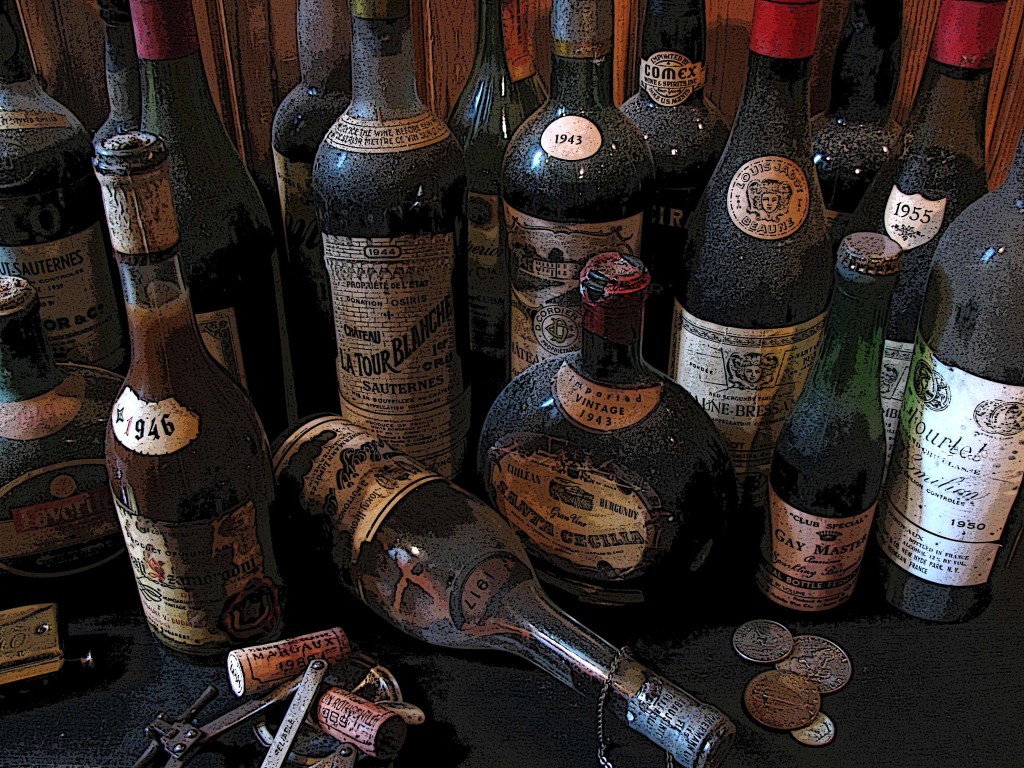

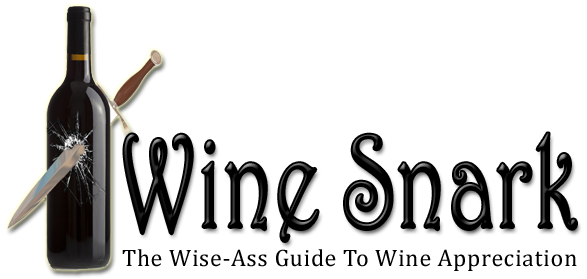

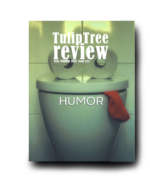

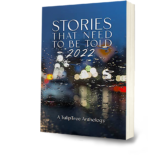
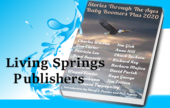
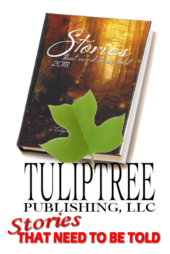












Who knew? Learning about reverse osmosis, micro oxygenation, and global warming is fine, but I’ll take more bad puns.
Hey Alan,
I love to drink wine and make up puns. It seems most people would prefer to listen to me drink wine.
By the way. I’ve discovered indisputable scientific evidence that global warming is a hoax. When drinking bourbon last year, my ice always melted before I finished. Today I finish a glass of bourbon and the ice is still whole. How much more science do you need?